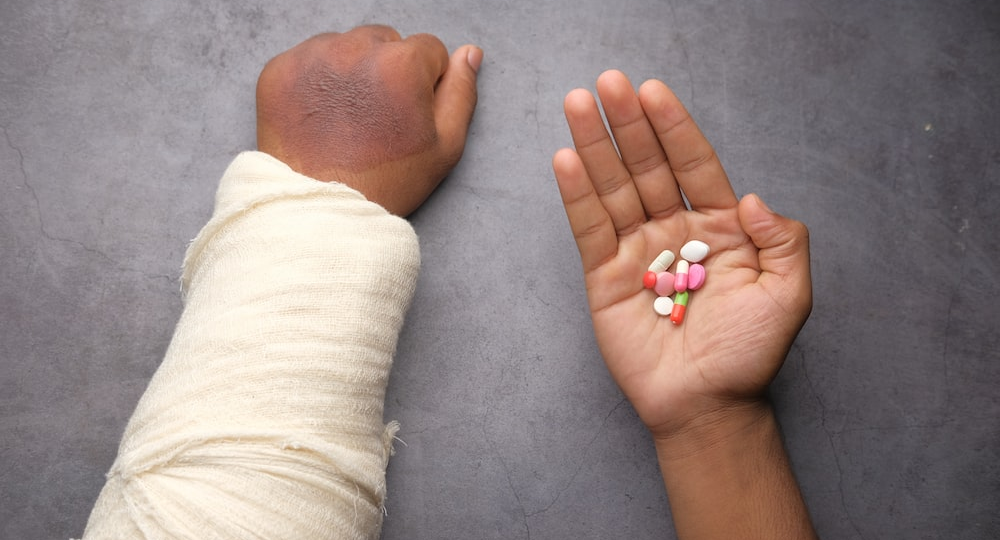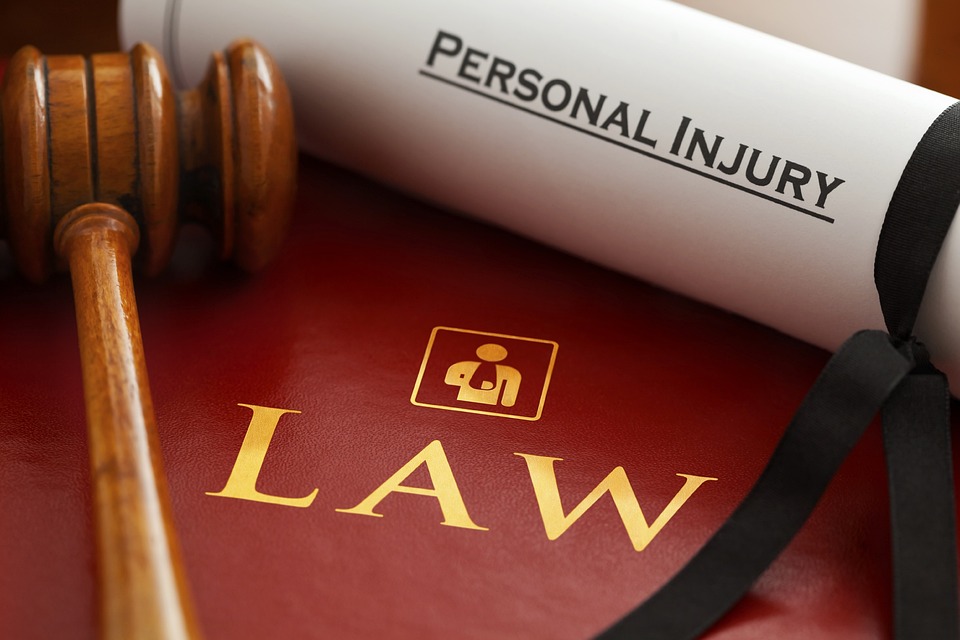

Product liability is a legal concept that holds manufacturers and sellers responsible for any injuries their products may cause to consumers or users. In Canada, if a product is found to be defective or dangerous, the manufacturer or seller may be liable for any harm or damages caused by the product. This can include compensation for medical expenses, lost income, and pain and suffering to the user who has suffered a personal injury.
Product liability laws fall under the jurisdiction of territories and provinces. Therefore, the law can differ from one province or territory to another in Canada. This is where a personal injury lawyer can help. They can help you navigate the complex legal system and provide guidance on how to pursue a product liability claim. Read this blog to learn all about product liability in Canada:
Product liability refers to the legal responsibility of manufacturers, distributors, and retailers for any injury or damage caused by their products to consumers or users. It’s a big concern among manufacturers because it can lead to costly lawsuits, negative publicity, and damage to their reputation. Selling defective products can also put people’s health and safety at risk, which is why manufacturers need to ensure their products are safe and meet all applicable safety regulations.
Product liability laws can also extend to cover other types of damages, such as property damage or harm caused to individuals or businesses that use the product. If a product is found to be defective or dangerous, it’s important for the manufacturer or seller to take swift and appropriate action to protect consumers and prevent further harm.

There are three main types of defects that can give rise to product liability and lead to personal injury claims. Here’s a breakdown of each type:
A design defect is a flaw in the product’s original blueprint or plan that makes it inherently unsafe for its intended use. If a product has a design defect, it means that every unit of the product is potentially dangerous and unsuitable for its intended purpose.
Examples of design defects include a car that flips over easily, a baby crib with bars spaced too far apart, or a ladder that is not stable and prone to tipping over. Manufacturers may be held liable for design defects if they could have foreseen the danger and taken reasonable steps to address the issue but failed to do so.
Manufacturing defects occur during the production or assembly of a product and affect only a small percentage of units produced. Examples of manufacturing defects include a batch of contaminated food, a toy with missing parts, or a bicycle with loose screws. Manufacturers are strictly liable for manufacturing defects, meaning they can be held responsible for injuries caused by the defective product regardless of whether they were negligent or not in producing the product.
Marketing defects, also known as failures to warn, occur when a product lacks sufficient warnings or instructions about potential hazards associated with its use. Manufacturers and sellers have a duty to provide adequate warnings and instructions if the product could be dangerous or unsafe when used as intended.
For example, a medication that does not include a warning about potential side effects or a power tool that does not come with instructions on how to operate it safely could be subject to a marketing defect claim. Marketing defects can also occur when a product is marketed in a misleading or deceptive manner that downplays its risks or exaggerates its benefits.

Product liability in Canada can be complex and require extensive investigation to determine the cause of injury, the parties responsible, and the extent of damages suffered by the victim. Having a personal injury lawyer on your side that can help you navigate product liability claims can is crucial in obtaining fair compensation for your injuries and holding manufacturers accountable for their actions.
Product liability is assigned to everyone in the distribution chain, including the manufacturers and distributors of the product, as well as any merchants, wholesalers, or retailers that carry it. The law recognizes all the parties involved in the supply chain and assumes that they have equally responsible to cover the costs of any damage that arises as a result of their negligence or misconduct.
However, the level of responsibility can vary depending on the type of product involved and the defect that is caused. For instance, the design defect of a product is generally considered a matter for the manufacturer to resolve. If the product fails due to design defects that were discovered after it had been in the market for a certain period of time, the manufacturer would be primarily responsible for the damage incurred by the user. On the other hand, if the case is of a defective product that was found after it had been put into use, then it is the seller that would be held primarily responsible for the damage.
The law of negligence in Canada provides individuals who have suffered damages due to the negligence of another party with a legal right to cover all the costs. However, you have to be able to prove certain elements of the claim to be successful with the case. Here’s what you need to prove:

Personal injury claims can be complex and costly, so it’s important to take the time to understand the rights you have to file a claim. Here’s what accounts for personal injury:
Physical injuries: A physical injury is the result of an accident that causes damage to your body and has the potential to result in long-term disability.
Mental and emotional trauma: A mental or emotional trauma is the result of a traumatic incident that leaves you feeling fearful or anxious. It may cause you to have flashbacks or go through post-traumatic stress disorder (PTSD).
If you incur a personal injury due to the negligence of someone else, you may be entitled to compensation to help you cover the costs of all the treatment you need to receive and all the lost income you suffered as a result. This includes:
Medical Expenses: These include the cost of the medical care you need to receive as well as any rehabilitation services you require to recover from your injuries.
Loss of Income: If you’re unable to work because of your injuries, you may be able to receive compensation for the loss of wages you suffered because of the accident.
Mental Pain and Suffering: In addition to physical pain, you may also have experienced emotional trauma and loss of enjoyment of life caused by your injury. You may be able to recover compensation for these types of damages as well.
If you are injured as a result of using a defective product, you may be able to file a lawsuit and recover damages for your injuries. In Canada, an affected user has the following options to seek compensation for their injuries:
Consumers can file a lawsuit against the manufacturer, distributor, or retailer of a defective product if they have suffered injuries as a result of using it. This type of lawsuit can claim compensation for medical expenses, lost wages, and other damages related to your injuries.
If multiple consumers have suffered injuries because of the same defective product, they may be able to bring a class action lawsuit against the manufacturer, distributor, or retailer.
Consumers can also file a complaint with the appropriate government agency. For example, Health Canada is responsible for regulating the safety of consumer products in Canada, and you can file a complaint about unsafe products with them.
A personal injury lawyer can assist you with the legal process and ensure you receive proper compensation for your injuries. They can also assist you in managing your personal injury claim and help you pursue any available insurance policies on your behalf.

At Nanda & Associate Lawyers, our personal injury lawyers can help you with product liability claims. Our experienced lawyers in Mississauga can take care of all the legal aspects of it.
We also offer help regarding intra-company transfer, immigration, seeking asylum in Canada, divorce, and more! Our lawyers are multilingual and come from diverse backgrounds, so you don’t have to worry about miscommunication or misunderstandings during legal proceedings.
Disclaimer: This article is only intended for educational purposes and shouldn’t be used as a substitute for legal advice.